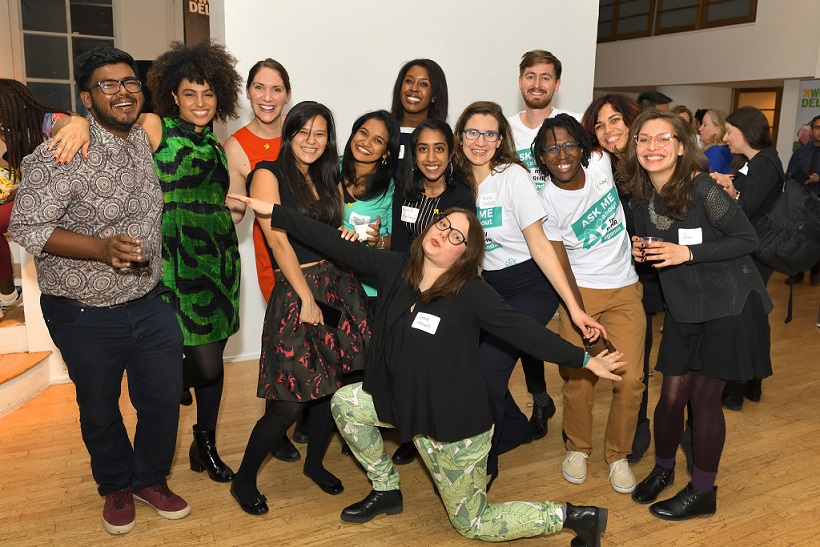 Produced by Women Deliver
April 8, 2018
Produced by Women Deliver
April 8, 2018
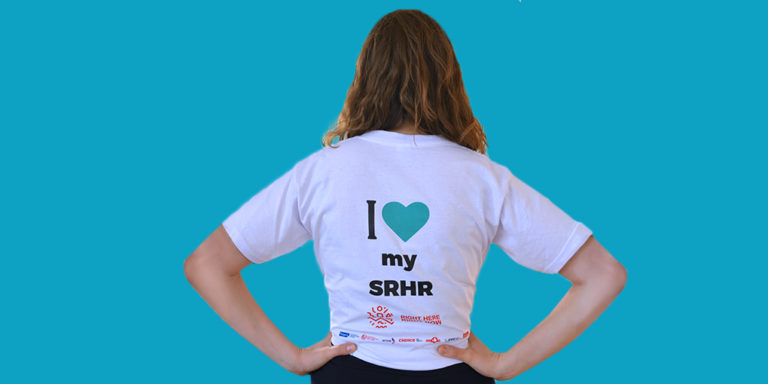
With the largest generation of young people ever, the world is facing tremendous challenges related to young people’s advancement and development including addressing their sexual and reproductive health rights.
To tackle these global challenges, young people must be involved in all levels and stages of design, implementation and evaluation of every program, policy, campaign and initiative development that directly affect their lives including their sexual and reproductive rights. This includes meaningful youth engagement during global conferences like the recent United Nations Commission on the Status of Women (CSW62) where young advocates used their voices to advocate for the issues they are most passionate about.
Engaging youth isn’t just the right thing to do – it’s the smart thing to do. Evidence shows that organizations and institutions who listen to and include young people in their decision-making are more likely to develop programs and policies that reflect young people’s experiences and realities – making those programs more effective while also more efficiently using resources.
To turn the tide on poverty and inequality and to achieve the SDGs, young people must be involved, engaged, and heard. When their voices are heard, everyone wins!
Hear from Women Deliver Young Leaders who rallied together during CSW62 to protect the sexual and reproductive health and rights for girls and women everywhere.
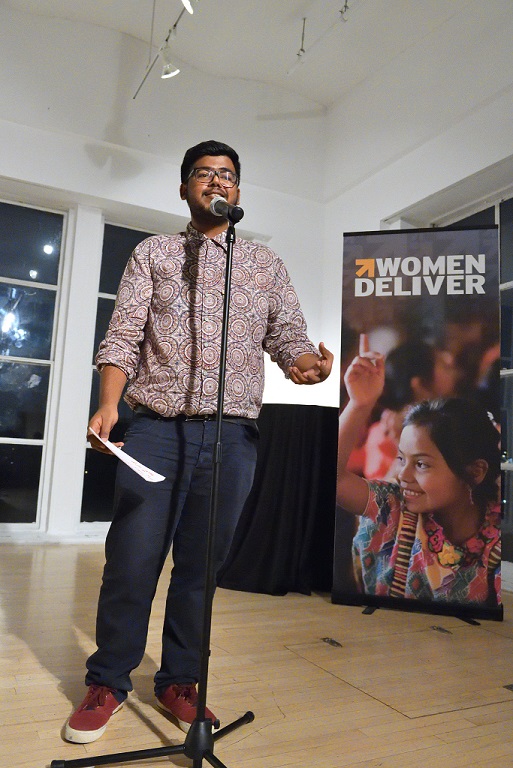
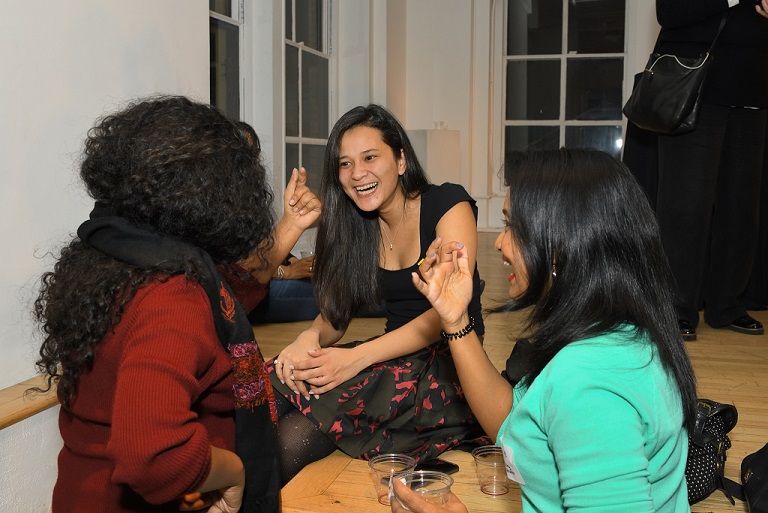
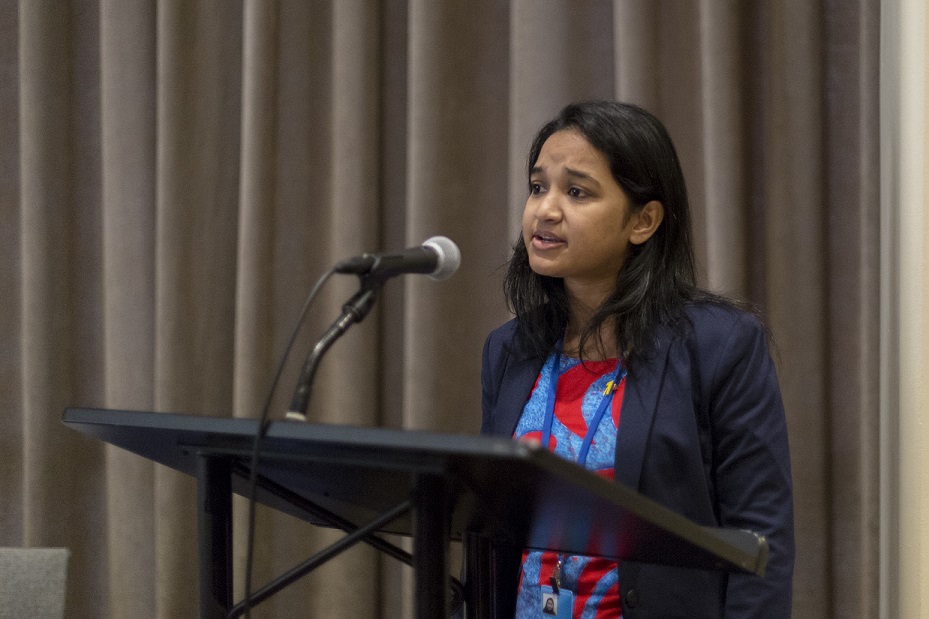
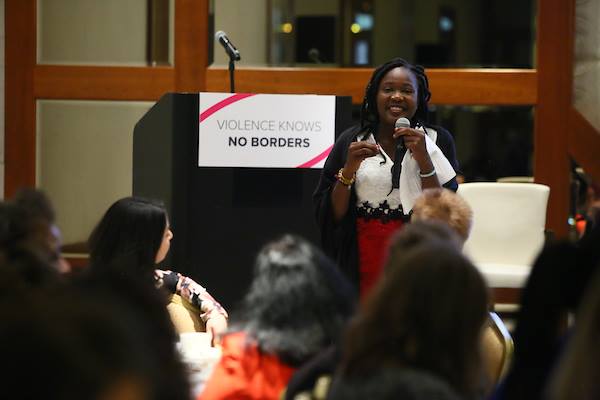
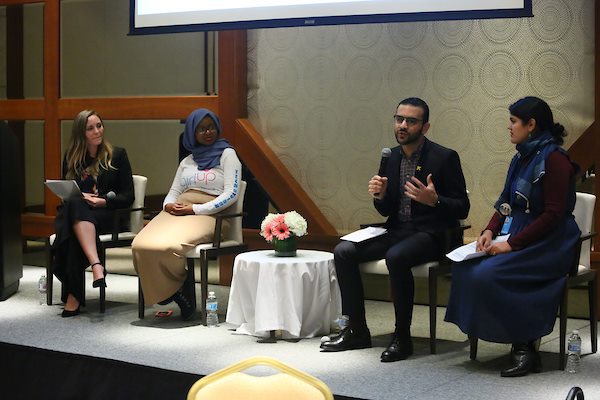
Ala Oueslati, Tunisia: “Sexual and reproductive health rights (SRHR) have been seen as taboos, something unknown to religion and culture and not often discussed. I want the world leaders to consider SRHR as basic and fundamental human rights for women around the world at all times of her life.”
Ankit Gupta, India: “Comprehensive Sexuality Education is about creating space for young people to talk about gender, sexuality, patriarchy, pleasure and their desires. It’s important to work with young people on body image to help them understand and love their bodies.”
Nana Abuelsoud, Egypt: “Advocacy for sexual and reproductive health and rights (SRHR) must be evidence-based and create the accountability needed for girls and women to control their own bodies. I focus my advocacy on producing knowledge in Arabic related to SRHR and provide young women in Egypt with tools to navigate access to emergency contraceptives.”
Aditi Sharma, Nepal: “Women in rural Nepal are marginalized and shunned when they are menstruating. They are considered impure and their rights to dignity and health are violated. We must change this so girls and women have access to quality and stigma-free sexual and reproductive healthcare including menstrual hygiene management.”
Isatou Bittaye, The Gambia: “Sexual and reproductive health rights are the bedrock for gender equality. If a girl or woman is able to make a decision regarding her wellbeing and have control over her body, she will be able to access other opportunities for education, health, economic empowerment and participate in decision-making within her community.”
Betty Barkha, Fiji: “SRHR is important to me because I come from a community where natural disasters have destroyed our islands. It’s my body, it’s my choice but we don’t have a choice when there are no supplies available during emergencies. We have to address this gap.”
